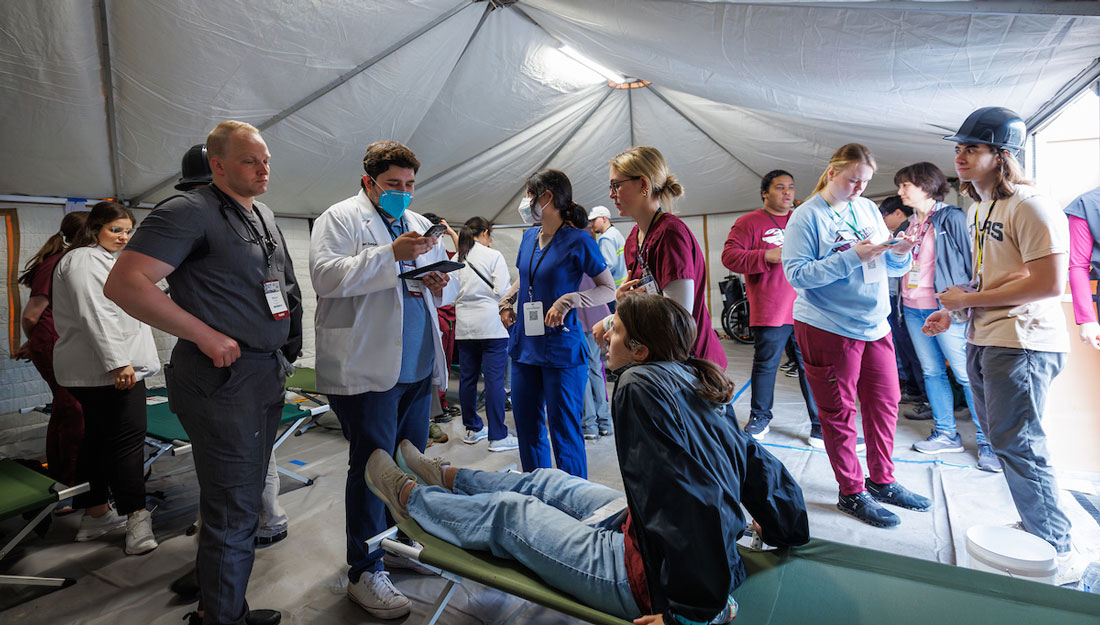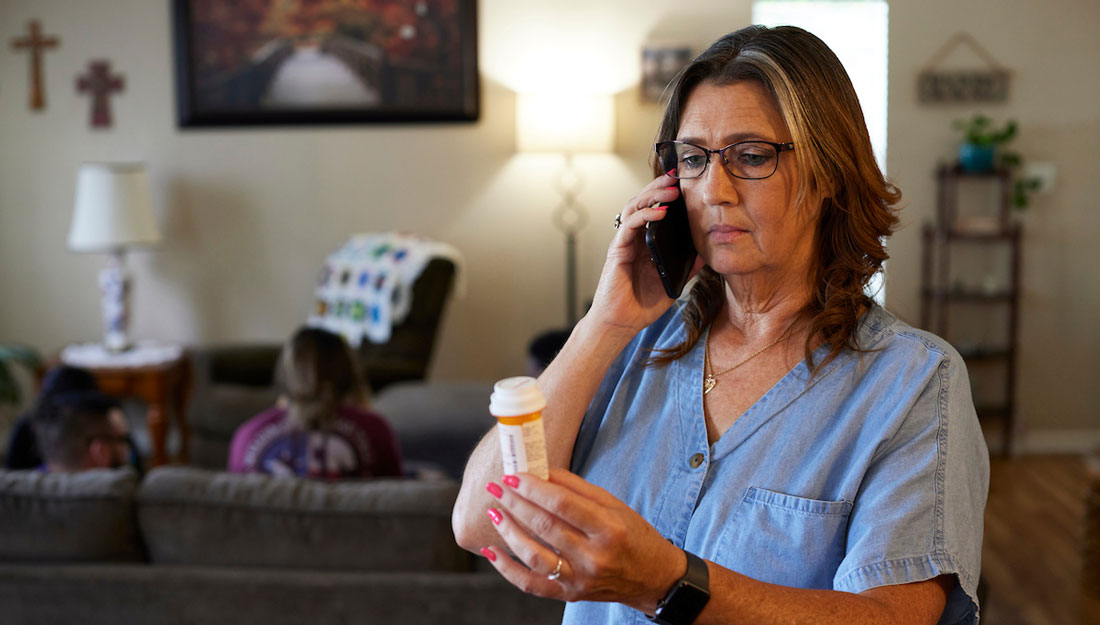Older Americans can improve fragmented sleep

In an “always-on” society, sleep may be one of the most undervalued aspects of long-term health. According to the Centers for Disease Control and Prevention (CDC), people who don’t get enough of it are more likely to suffer from hypertension, diabetes, depression, obesity, and even cancer. But even for those who are willing to make good sleep habits a priority, there is another factor working against you: Aging. As Americans get older, their sleep becomes poorer, both in quality and quantity.
“At ages 65 and up, over 50 percent of the population experience problems sleeping,” said Dr. David Earnest, a professor of neurobiology at the Texas A&M Health Science Center College of Medicine. “That’s a greater impact than any other health-related disorder for that age group. And the older a person, the more likely they are to have sleep disturbances.”
Independent of medical conditions and medication side-effects that can intrude on sleep, Earnest cites two key “clocks” that age along with the rest of us. One, which scientists call the “homeostat,” identifies how tired you are by monitoring the amount of a sleep-inducing substance that builds up in your brain when you are awake and how much is discharged when you sleep. The other, your “biological clock,” establishes and attempts to maintain a pattern of wake/sleep cycles based on habits and environmental cues.
“In the late 50s or by age 60, we see a fragmentation of sleep,” Earnest said. “Independent of changes in the onset of sleep, the sleep patterns become increasingly interrupted by periods of wakefulness. People will either wake up repeatedly during the night which creates a fragmented pattern, and after those periods of wakefulness can’t get back to sleep at all. Then, to compensate for the homeostatic control of sleep—the buildup of the need for sleep—the person experiences a daytime drowsiness and begins sleeping during the daytime. And now the person is fighting against what their biological clock is normally saying – that you should not be sleeping during the day. And it gets worse as we get older by the simple fact that the body clocks themselves are aging.”
It may sound hopeless, but there are measures the elderly can take to ensure they’re getting the best sleep possible. Physicians and health experts often recommend daytime outdoor activity, exercise and minimizing stress. Exercise can actually interfere with sleep when increased activity occurs within two or three hours before bedtime.
“Those are certainly helpful, although exercise may not help everyone. But diet can be very significant—not just avoiding caffeine, but also watching the types of foods you eat especially late at night.”
But his number-one piece of advice to getting enough sleep? “Maintain a normal cycle,” Dr. Earnest said.
Media contact: media@tamu.edu


